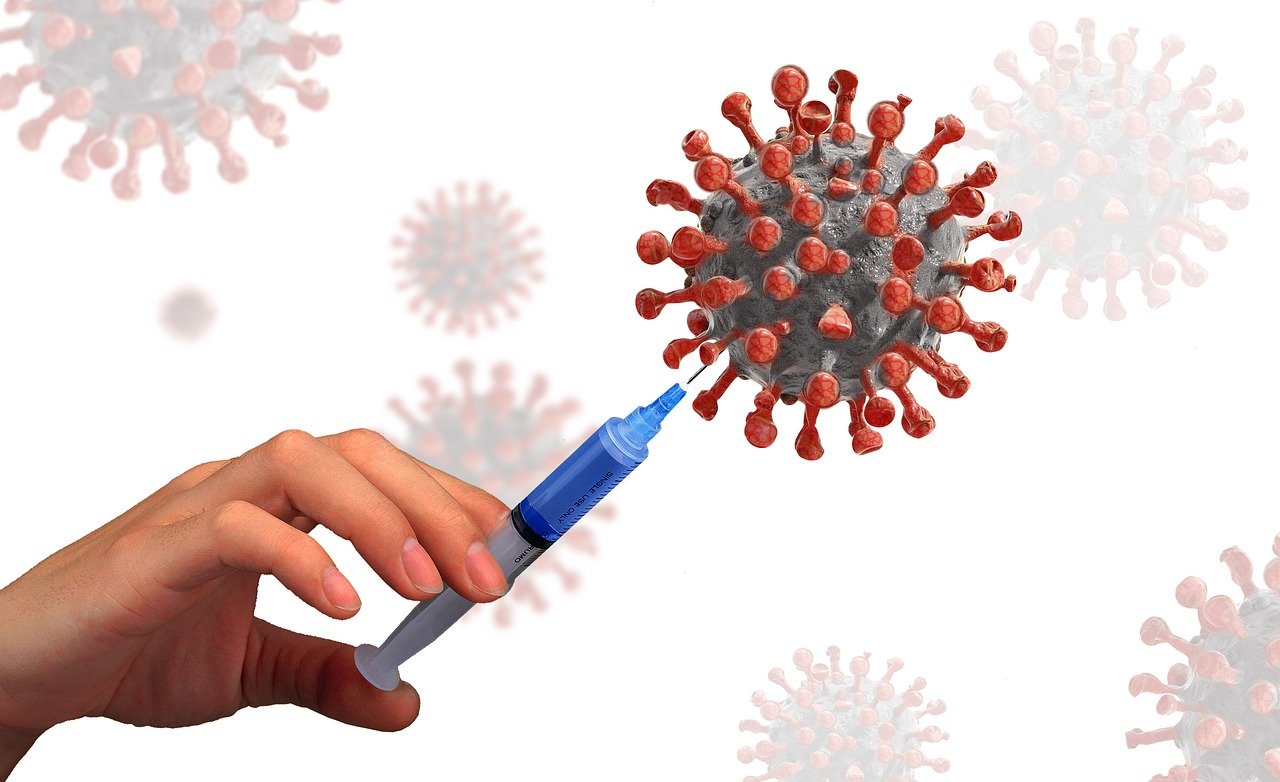It’s been a few weeks since I’ve written about the impact that COVID-19 is having on people with MS. Since then, the picture has changed — not a lot, but enough for the MS International Federation to modify its observations about, and recommendations for, people with MS and our disease-modifying therapies (DMTs).
The treatment equation for COVID-19 and MS is complex because of the dynamic nature of the way this virus attacks the body. In some people, it appears to trigger a cytokine storm, where small proteins in the immune system overreact to an infection and, in addition to attacking the virus, attack and severely damage the lungs and other vital organs.
That kind of attack seems similar to the way an overactive immune system attacks the central nervous system in people with MS. So, does our hyperactive immune system offer a level of protection against COVID-19, or could it make things worse? Do our DMTs, some of which suppress our immune system, offer any protection against becoming infected with this coronavirus, or do they make things worse?
MSIF COVID-19 MS guidance
The federation guidelines advise that, in general, people with MS who are being treated with a DMT should remain on it. People who are being treated with a DMT who have COVID-19 symptoms should discuss therapy options with their neurologist.
According to the federation, Avonex, Rebif, Plegridy (interferon beta-1a); Betaferon and Extavia (interferon beta-1b); and Glatopa (glatiramer acetate) are unlikely to increase the severity of COVID-19. Some preliminary evidence suggests these DMTs may actually reduce the need for hospitalization after being infected with the virus.
Some evidence suggests that Tecfidera (dimethyl fumarate), Aubagio (teriflunomide), Gilenya (fingolimod), and Mayzent (siponimod) do not increase the risk that COVID-19 symptoms will become more severe than they otherwise would.
On the other hand, the guidance cautions that therapies targeting CD20 — Ocrevus (ocrelizumab) and Rituxan (rituximab) — may be linked to an increased chance of being admitted to the hospital or requiring intensive care treatment due to COVID-19.
The federation also noted that it doesn’t have enough information about Tysabri (natalizumab), Lemtrada (alemtuzumab), or Mavenclad (cladribine) to judge their safety related to the pandemic.
Risk vs. reward
A decision about whether to start or continue a DMT while COVID-19 continues to be a threat requires balancing the benefits with the potential risks. Do you stop treatment with a DMT such as Tysabri that carries with it the possibility a severe relapse after going off that medication, to better protect yourself against a possible COVID-19 infection? Do you delay starting an immunosuppressive therapy, such as Ocrevus, when you know that “time = brain,” and delaying treatment could mean MS progression?
The MS-COVID-19 equation keeps shifting, which doesn’t make decisions easier. As a reader of one of my recent columns commented, “First of all, they stopped fingolimod. Then they say that despite causing lymphopenia, there didn’t seem to be a deleterious effect on immune response fighting the illness. So far, so good. Then they go on to say that the immune response suppression caused by a DMT like fingolimod may actually help prevent a cytokine storm.”
It’s a tough decision. I’m not sure what I’d do if my Lemtrada treatments were still in progress. What would you decide?
(A version of this post first appeared as my column on the MS News Today website).
(Featured image by Miguel Á. Padriñán from Pixabay)



